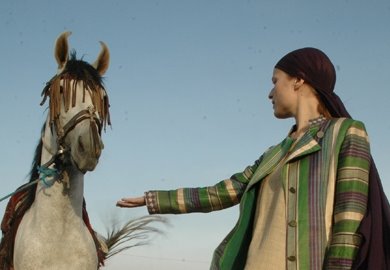My review of Afghan Women
"Afghan Women does not represent the women I have come to know here, strong women who challenge patriarchy and stereotypes by studying and pursuing careers. Women who want their daughters to become doctors, run for office and make their own decisions. Women who want their husbands, like mine, to cook dinner from time to time. The Afghan women in Rostami-Povey's book, on the contrary, are bitter and cynical. They 'hate' foreigners and feel oppressed by everything Western; some even imply that life was better under Taliban rule. And they all agree with the author's raging anti-Western, 'anti-everything' tirade.
It is safe to assume that Rostami-Povey conceived the story of Afghan Women long before visiting Afghanistan; when she eventually did so, it was in search of suitable quotes. The result is a book that speaks not for Afghan women, but for the parts of the left that — in the words of Democratiya's mission statement — 'have backed themselves into an incoherent and negativist 'anti-imperialist' corner, losing touch with long-held democratic, egalitarian and humane values'."
The rest of the essays in the issue are also really worth reading...






